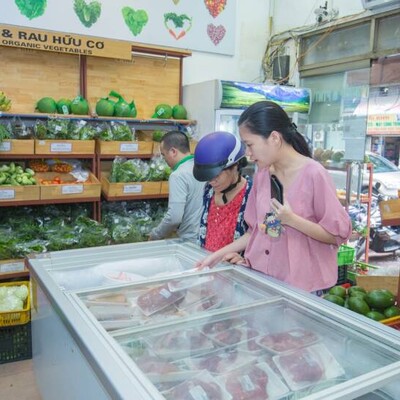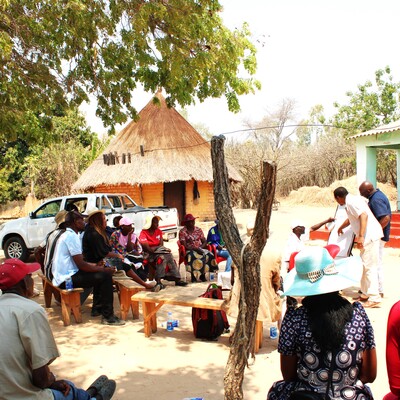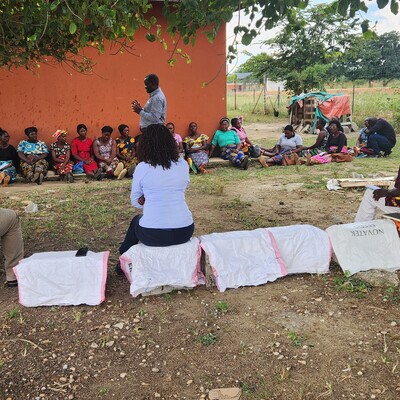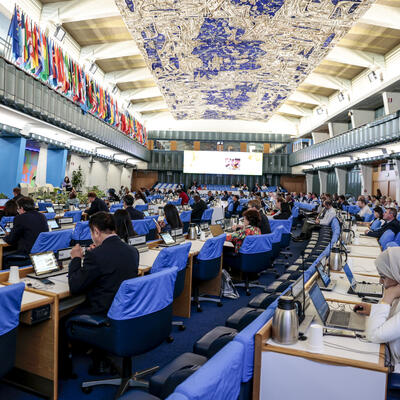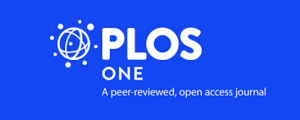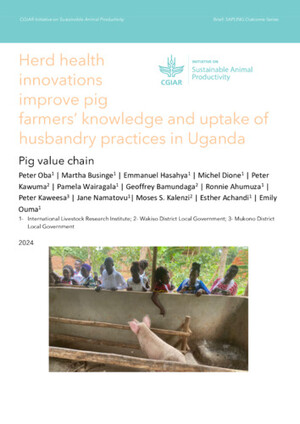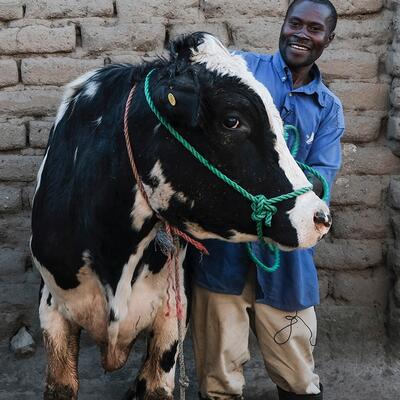
Small Ruminant Production Enhancement Project, Gambia
The Islamic Development Bank (lsDB) received an official request from the Government of the Republic of The Gambia requesting lsDB to finance the Small Ruminant Production Enhancement Project (SRPEP) in The Gambia.
The objective of the proposed project is to contribute to the improvement of the livelihood of rural and peri-urban communities in The Gambia by strengthening the productivity and resilience of production systems and stimulating entrepreneurship in the livestock sector. Specifically, the project will focus on enhancing small ruminant development through a herd health support mechanism, increasing productivity through genetics improvement and increasing access to feed and pastures, supporting production and marketing management, enhancing innovations in product/processing techniques, and facilitating access to Islamic finance through a revolving fund.
The project is national in design and intent. It will generally be implemented in 39 Districts of all the country's regions. However, due consideration will be given to the fact that projects implementing small ruminant production-related activities may be present in some areas to avoid unnecessary duplication of efforts. Equally, consideration will be given to the level of small ruminant farmer commitment in the various locations.
The project components are:
Component A: Improvement of small ruminant production, processing, and marketing. This will consist of sub-component (I) Production and processing infrastructure construction; (II) Herd genetics and health improvement; and (Ill) improving production management, processing and marketing.
Component B: Access to Islamic Financing and support for capacity building. This component consists of providing participatory and sharia-compatible financing for actors operating or interested in small ruminant enterprises in the regions and the Banjul peri urban area. Based on the findings from field visits and discussions with government officials and other stakeholders, access to finance has come up as a key challenge for all agro-pastoralists and other actors operating in various livestock value chains. The project aims to support smallholder farmers, producers and trader groups. Eligible for financing will include the purchase of animals, feeding operations, and animal health-related operations.
Component C: Master plan development for Livestock value chains; the objective of this component is to make available a comprehensive study that determines beyond anecdotal evidence priority areas for which it is essential to secure necessary investments and detailed information will lead to spelling out executable projects for each value chain by providing detailed design and project costs.
Component D: Project Management and Coordination: The objective of this component is to establish a Project Management Unit (PMU) and provide it with the means to fulfil its role in the implementation and management of project plans. The management and coordination of the project are ensured by the PMU established and are led by the Project Director and highly qualified staff.
The purpose of producing an investment roadmap or LMP is to attract more substantial and better-targeted livestock sector investments from finance ministries, development partners, and private sector investors. The LMP process enables livestock ministries to accomplish this by first identifying needed investments and policies to develop the livestock sector, and then carrying out foresight or ex-ante investment analysis to document and demonstrate the potential returns on investment (ROI) of combined livestock technologies and policies that increase the livestock sector's contribution to poverty reduction, employment (particularly of women and youth), national income, and which take environmental considerations into account.








